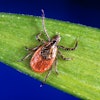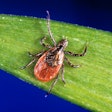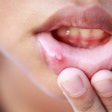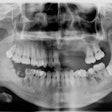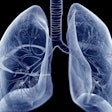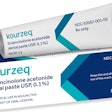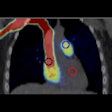An international coalition of cancer specialists has identified an immune-related gene called transforming growth factor beta receptor 1 (TGFBR1) that appears to play a pivotal role in determining whether a person develops HPV-related cancer. Their findings are discussed in the journal Cancer Research (October 1, 2014).
About 70% of an estimated 30,000 oropharyngeal cancer cases in the U.S. annually are attributed to HPV, the most common sexually transmitted infection in the U.S. Studies show that most patients with oropharyngeal squamous cell carcinoma (OPSCC) are HPV-positive, especially for HPV types 16 and 18.
The National Cancer Institute predicts that HPV-positive oropharyngeal cancer will likely surpass cervical cancer as the most common HPV-associated cancer in the U.S. by 2020.
"The real mystery is that in Western countries, pretty much everyone is exposed to HPV, but only a small number of people get HPV-related cancers," said lead study author Andrew Sikora, MD, PhD, vice chair for research in the department of otolaryngology head and neck surgery at Baylor College of Medicine, in a statement. "We are trying to figure out what makes the people who actually get the cancer different from those who don't, given that so many people are exposed."
Using data collected as part of a genome-wide association study of head and neck cancer performed by the International Head and Neck Cancer Epidemiology (INHANCE) consortium, the researchers were able to associate alterations in a number of immune-related genes with oropharyngeal cancer. One of these genes, TGFBR1, was found to be deregulated in patients with both oropharyngeal and cervical cancers.
"The fact that we were able to independently replicate our findings in two different HPV-related cancers is exciting, because it suggests that we have found something that is critical to the biology of how HPV causes cancer," Dr. Sikora noted. "We hope to learn more about this gene and how it affects cancer. In the future, we hope to develop a tool to identify who is more susceptible to HPV-related cancers."
Funding for the study came from the National Institutes of Health, the National Cancer Institute, and the National Institute of Dental and Craniofacial Research.


